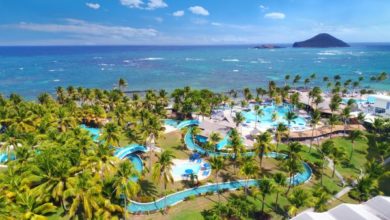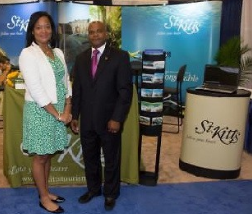Reasons Why You Need a Water Pressure Regulator for Your RV
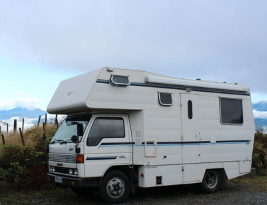
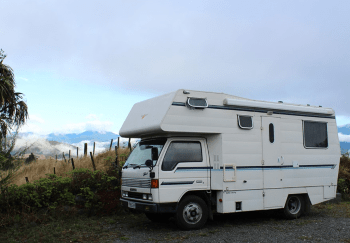
Have you ever wondered why we refer to “water” as being a basic human necessity? It is pretty obvious. Water is essential for most of our mundane day-to-day tasks like cooking, washing clothes, or taking a quick shower. So, why am I telling you all of this? The answer is pretty simple – you can’t think of living in a house without a stable water connection. Similarly, an RV is a mini-home without a permanent address. Just like your home, an RV also needs a water connection that can withstand variations in pressure so that the plumbing pipes inside do not blow up when the water pressure is too high.
Usually, when you connect your RV to a campground water supply, the water pressure might be too much for your RV’s plumbing pipes to withstand. What happens next is not a pretty sight. If you want to save yourself and your RV from all that mess, investing in a water pressure regulator will be the best decision you can make.
This guide will go over why you need to install a water pressure regulator in your RV. Also, we will take a look at the factors involved with its care and maintenance.
How Does a Water Pressure Regulator Work?
It would be wise to go over the basics of how exactly a water pressure regulator functions inside an RV to help you make an informed decision. The mechanics of a water pressure regulator is pretty simple. In layman’s terms, it is a device that reduces the pressure of water flowing in from the main source to protect your RV’s plumbing from damage if the pressure is excessively high.
It is also crucial to connect the device directly to the main source, which is a campground water spigot in most cases. That will ensure that high water pressure does not blow your hose to pieces.
How to Choose the Right Water Pressure Regulator for Your RV?
A typical RV can withstand water pressure up to 60 PSI. The range for standard regulators is somewhere between 45-50 PSI, whereas high-flow regulators can go up to 60 PSI.
The two most common types of pressure regulators are adjustable and non-adjustable. The non-adjustable ones are available in two categories: low flow and high flow. However, most RV owners prefer an adjustable pressure regulator along with a gauge since it can regulate water pressure of up to 160 PSI. Although it is pricier than the other options, it is definitely worth the investment owing to the flexibility it offers.
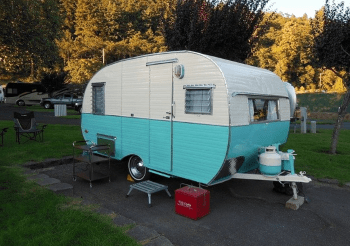
What’s Its Importance?
For everyone who plans to use water in their RV (which we are pretty sure all of them do), a water pressure regulator is a must-have. When you are on the road for a long time, you cannot depend on your RV’s water storage to fulfill your requirements. It will only be a matter of time before your storage runs out, and you will have to use city water stations to meet your needs.
The problem is that water pressure in the city and campground supplies is anywhere around 100-150 PSI (pounds per square inch). On the other hand, your RV’s plumbing pipes can only withstand water pressure of up to 60 PSI, as mentioned previously. Using a mains water supply without a pressure regulator would be a sure-shot way of busting your RV’s plumbing system.
So exactly what sort of damage high water pressure may cause? To answer this question, you must understand that your RV’s plumbing system is almost identical to that of your house. Initially, the pipes might undergo erosion and even show some cracks on the surface, small leaks are also common. If the pressure is too high, your pipes could also burst. All this hassle can be avoided by installing a quality water pressure regulator.
Another drawback of outdoor supplies is that the pressure of water flowing through them keeps fluctuating throughout the day. That means that the pressure during the day might effectively be lower than nighttime since the usage is more during that part of the day. Because of these discrepancies in pressure readings, we recommend that you use a pressure gauge along with a water regulator to be well aware of the incoming water pressure.


